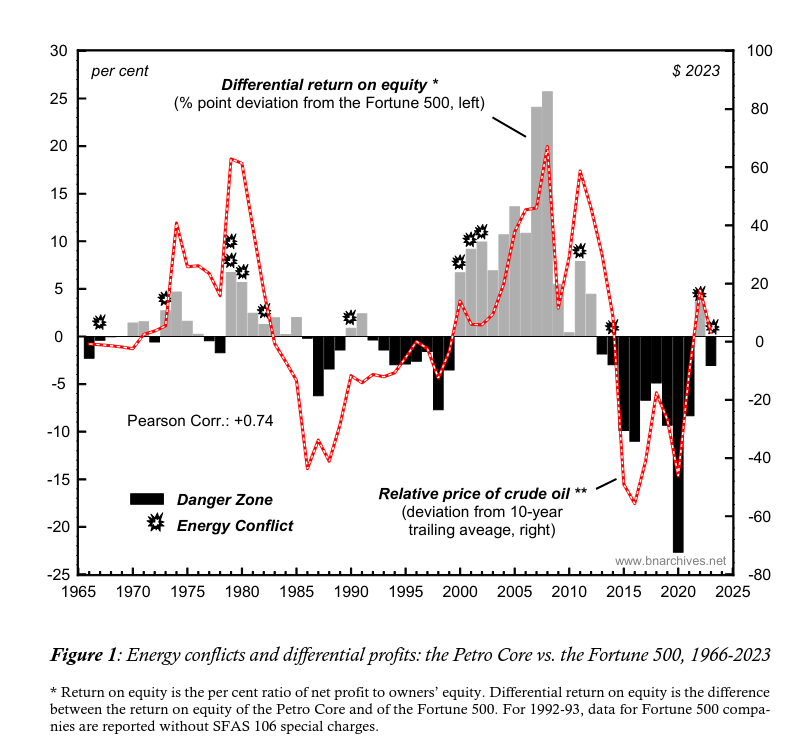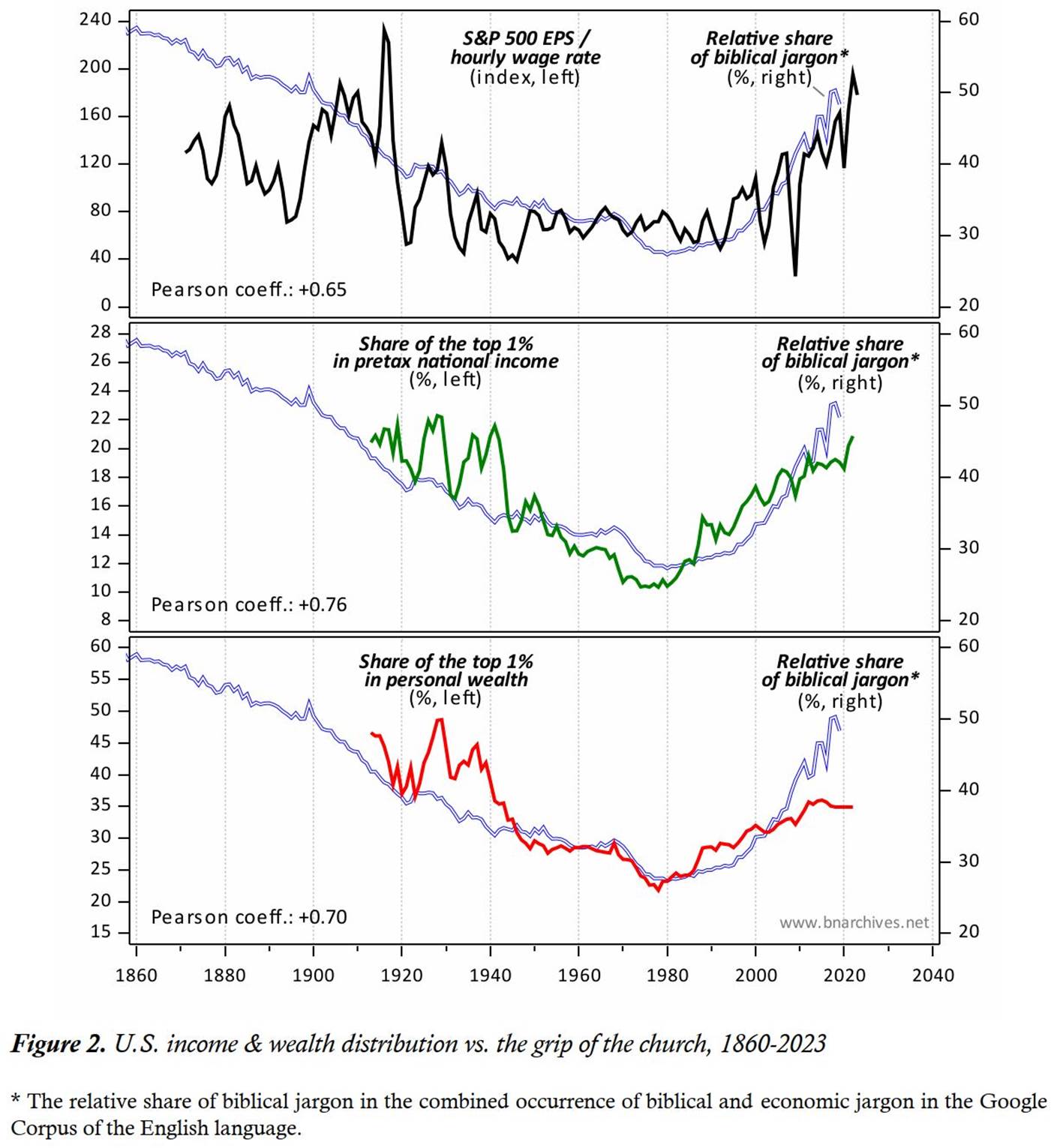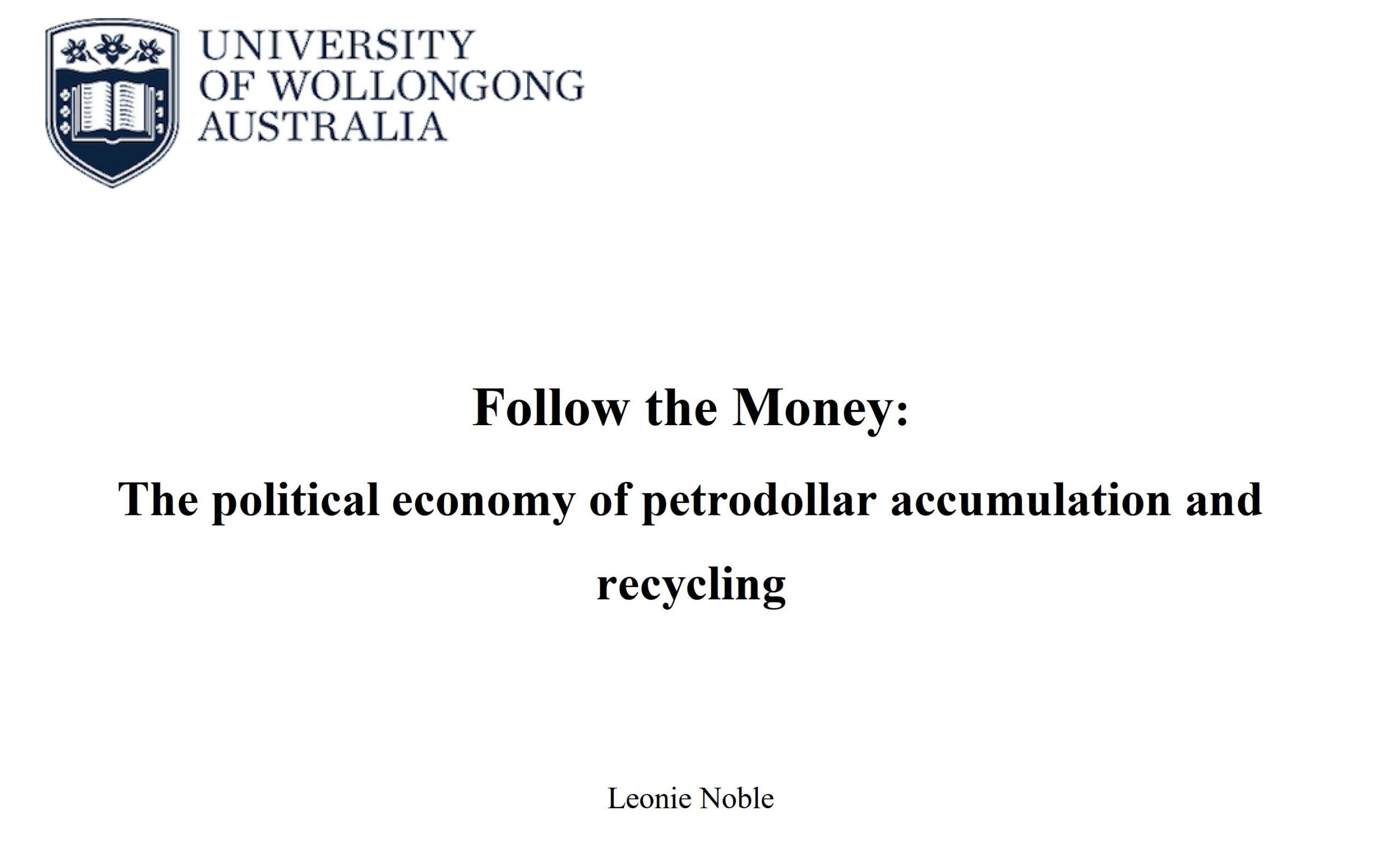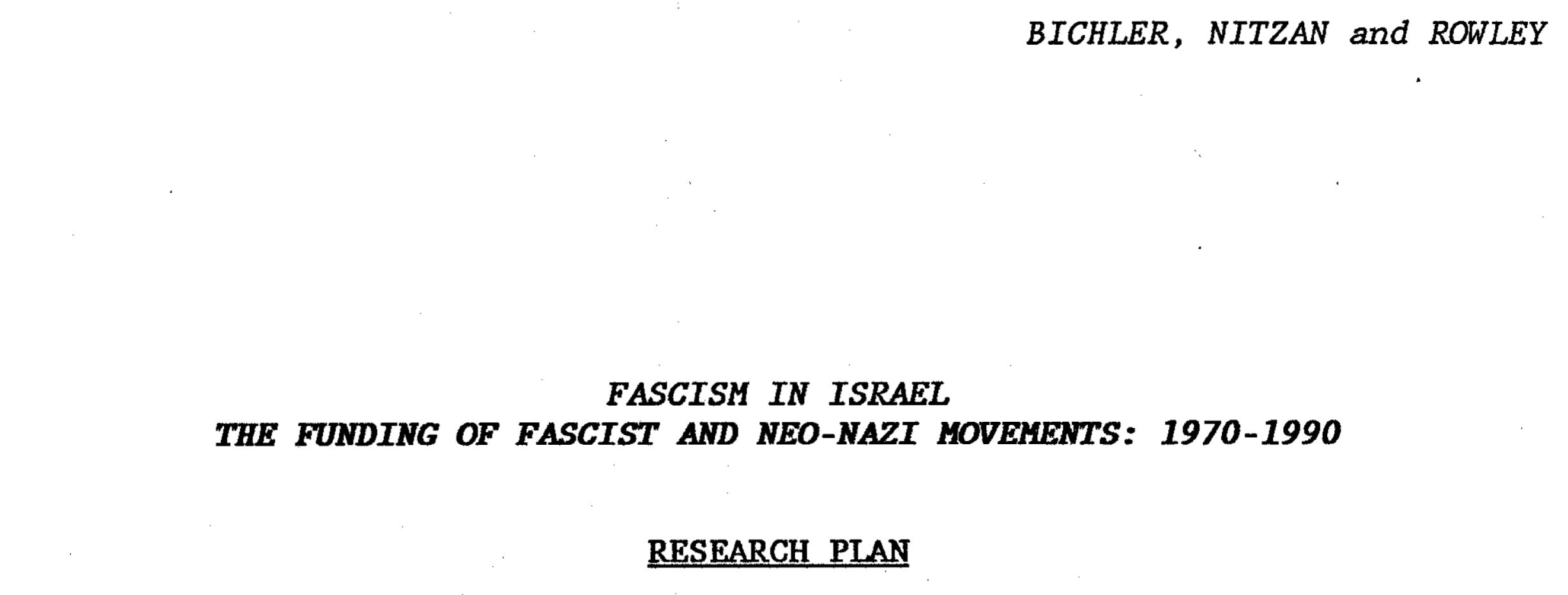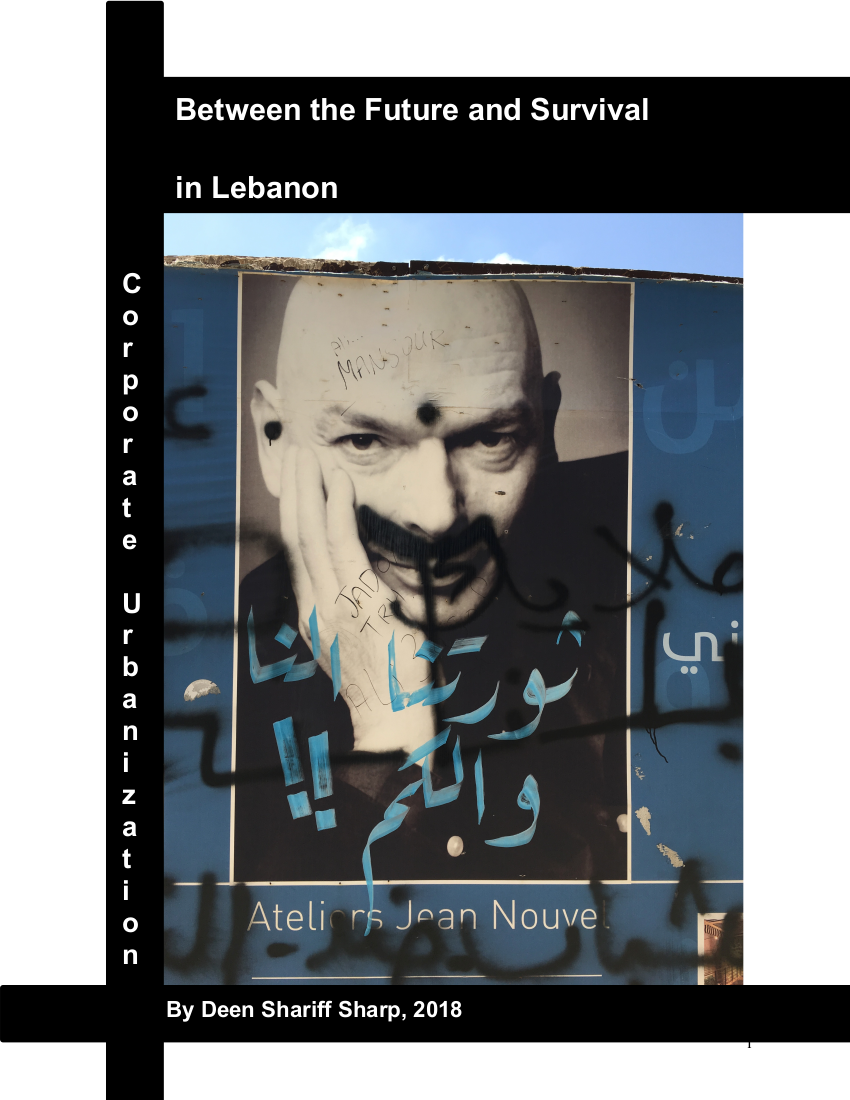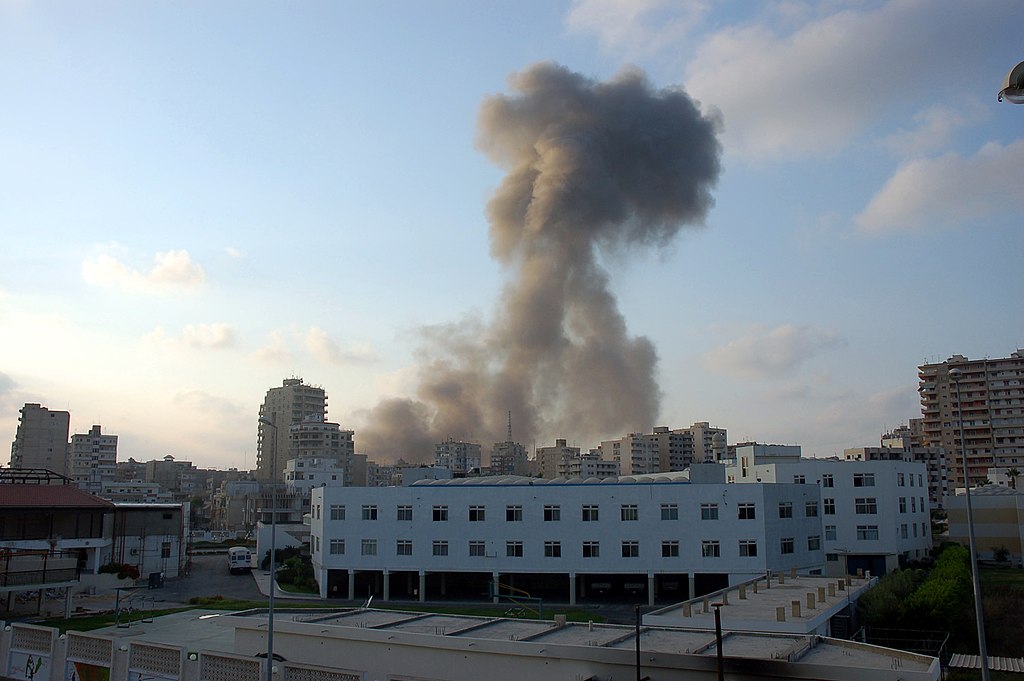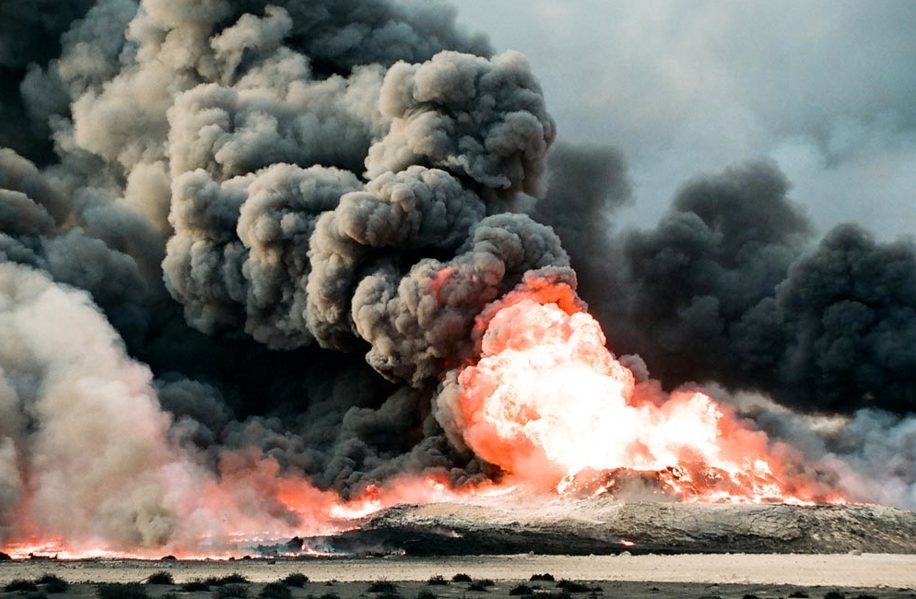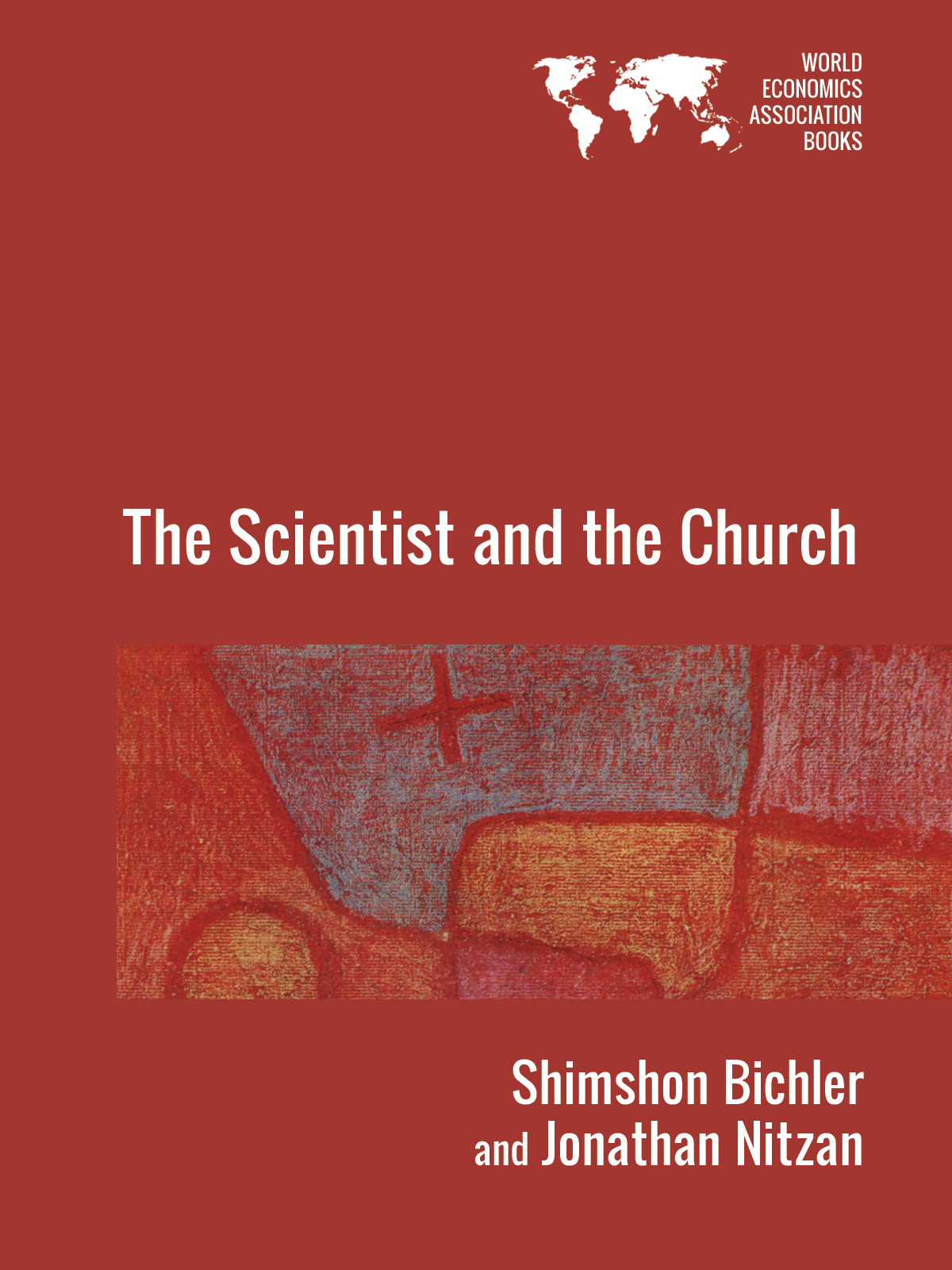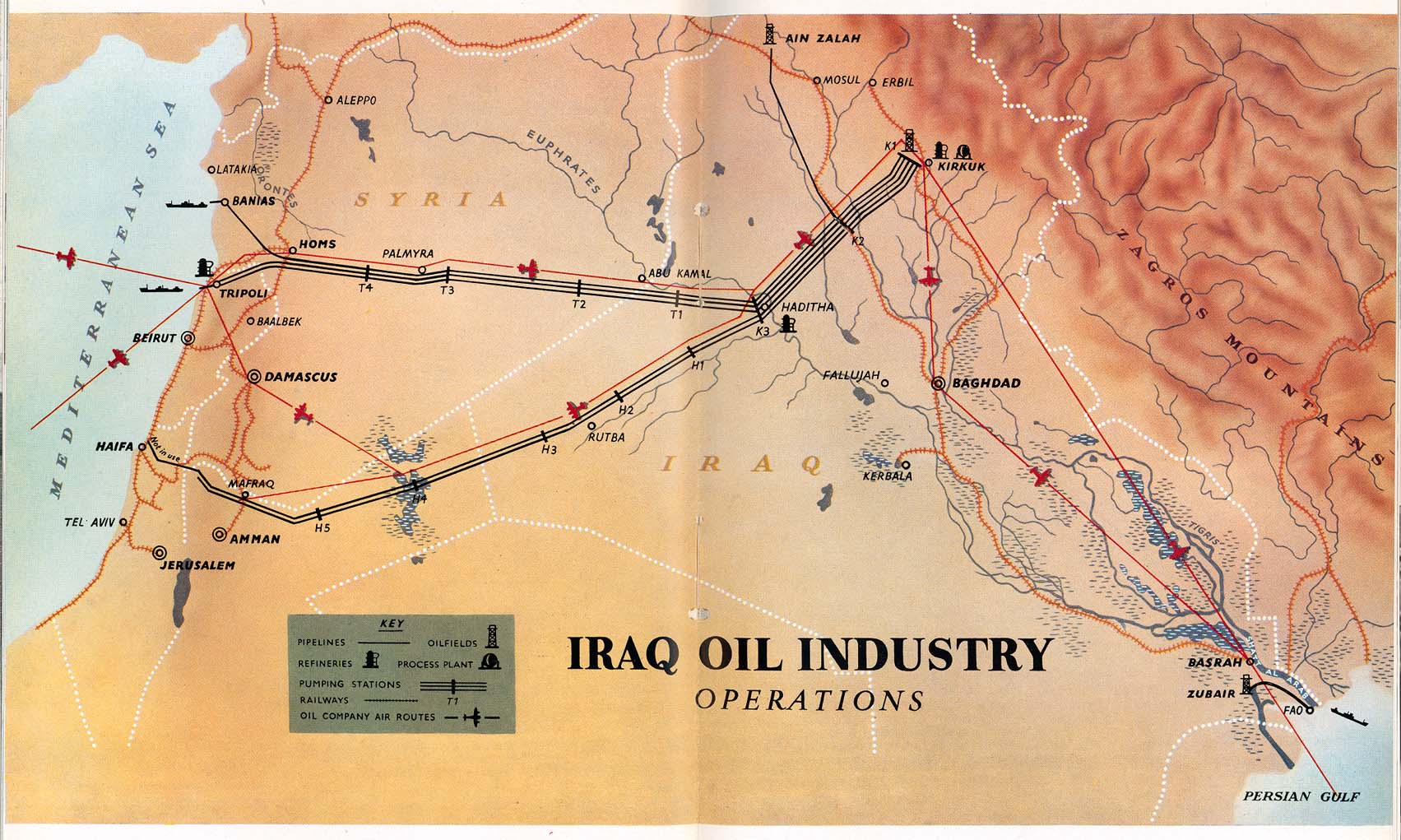Abstract מלחמת הקודש המתנהלת בין המיליציות הרבניות לבין המיליציות האיסלמיות הינה מסוג חדש. אבל הדרך למלחמה בעזה נסללה עוד לפני כששת אלפים שנה, בעת שקמו לראשונה משטרי המלוכה-כהונה במסופוטמיה. אוליגרכיות אלה היו הראשונות שיצקו תשלובת חזקה של מלך עריץ בארמון וכוהני אל-עליון במקדש. ילידי המזרח התיכון היו הראשונים בהיסטוריה האנושית שזכו בכבוד להתקיים כנתינים כנועים […]
Continue ReadingBichler & Nitzan, ‘The Road to Gaza, Part II: The Capitalization of Everything’
Abstract Our recent article on ‘The Road to Gaza’ examined the history of the three supreme-God churches and the growing role of their militias in armed conflicts and wars around the world. The present paper situates these militia wars in the broader vista of the capitalist mode of power. Focusing specifically on the Middle East, […]
Continue ReadingBichler & Nitzan, ‘The Road to Gaza’
Abstract The war that started in 2023 between Hamas and Israel is driven by various long-lasting processes, but it also brings to the fore a new cause that hitherto seemed marginal: the armed militias of the Rabbinate and Islamic churches. The Rabbinate militias, embodied in Jewish settler organizations, have taken over not only Palestinian lands, […]
Continue ReadingNoble, ‘Follow the Money: The Political Economy of Petrodollar Accumulation and Recycling’
Abstract This thesis makes two unique contributions to the International Political Economy literature. It presents the first comprehensive, empirical investigation of petrodollar accumulation and recycling spanning the period 1980-2021. It also corrects the misconception that petrodollar recycling in the 1970s and 1980s involved the extension of loans to developing countries using fractional reserve banking and […]
Continue ReadingBichler & Nitzan, ‘Blood and Oil in the Orient: A 2023 Update’
Abstract The 2023 war between Hamas and Israel elicits many different explanations. As with previous regional hostilities, here too, the pundits and commentators have numerous overlapping processes to draw on – from the struggle between the Zionist and Palestinian national movements, to the deep hostility between the Rabbinate and Islamic churches, to the many conflicts […]
Continue ReadingFascism in Israel. The Funding of Fascist and Neo-Nazi Movements: 1970-1990
Jonathan Nitzan and Shimshon Bichler In 1989, we applied for a Harry Frank Guggenheim Foundation grant to investigate the funding of fascist and Neo-Nazi movements in Israel. The Foundation did not find the topic important enough, and the application was ceremonially rejected. Here is what we wanted to do. Research plan The emergence of ultra […]
Continue ReadingSharp, ‘Corporate Urbanization: Between the Future and Survival in Lebanon’
Abstract If you look today at the skyline of downtowns throughout the Middle East and beyond, the joint-stock corporation has transformed the urban landscape. The corporation makes itself present through the proliferation of its urban mega-projects, including skyscrapers, downtown developments and gated communities; retail malls and artificial islands; airports and ports; and highways. Built into […]
Continue ReadingGuillem, ‘Análisis de conflictos y Relaciones Internacionales, una elaboración teórica de Sociología del Poder. Causas de la Guerra del Líbano de 2006’
Abstract SPANISH Si observamos la literatura sobre la Guerra del Líbano del 2006, llama la atención la ausencia de un marco teórico claro en la mayoría de los análisis. Igualmente se perciben notables discrepancias en algo tan básico como las causas de la guerra y encontramos destacadas diferencias en la explicación de la conducta de […]
Continue ReadingProfit warning: there will be blood
Shimshom Bichler and Jonathan Nitzan The following research note first appeared on Real World Economics Review Blog. We have just updated the charts in our 2014 RWER paper ‘Still About Oil?’, and the picture they portray reads like a capitalist call for arms. Beginning in the late 1980s, we suggested that, since the late 1960s, […]
Continue ReadingPetrodollars and Profit: Rethinking Political Economy through the Middle East
Max Ajl A review of Jonathan Nitzan and Shimshon Bickler’s The Scientist and the Church. Originally published at Jadaliyya Howard Page, a director at what was then Exxon, was once asked, “What would have happened if Iraq production had also surged during the 1960’s,” like that of Saudi Arabia and Iran. He responded, “I admit […]
Continue ReadingNo. 2014/04: Bichler & Nitzan, ‘Still About Oil?’
Abstract During the late 1980s and early 1990s, we identified a new Middle East phenomenon that we called ‘energy conflicts’ and argued that these conflicts were intimately linked with the global processes of capital accumulation. This paper outlines the theoretical framework we have developed over the years and brings our empirical research up to date. […]
Continue Reading

